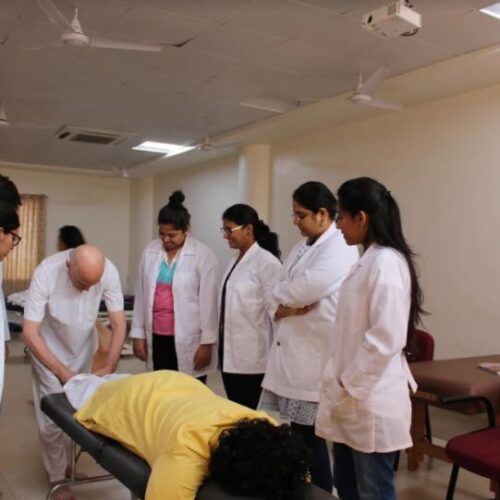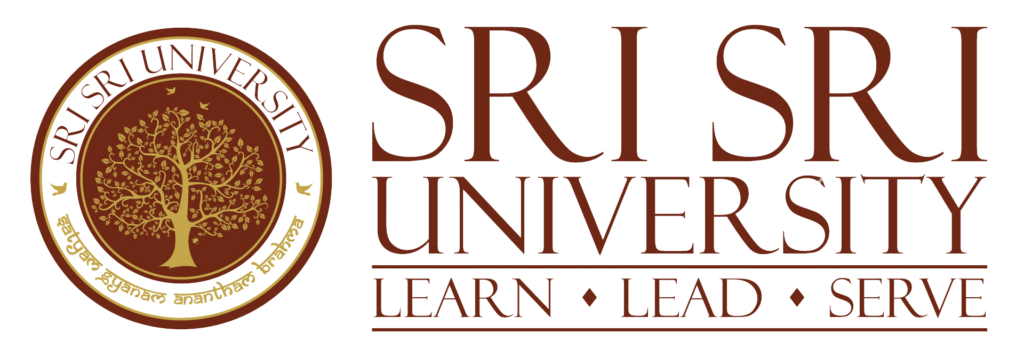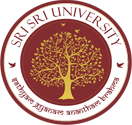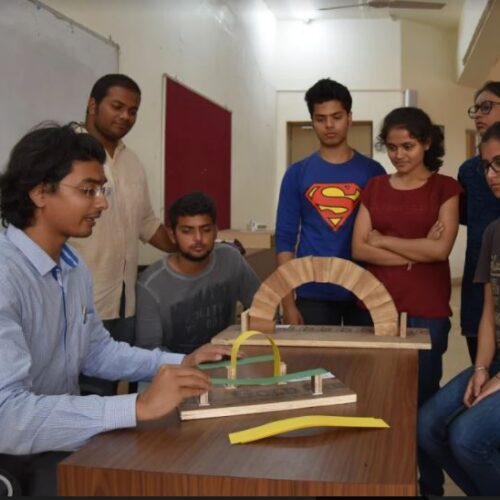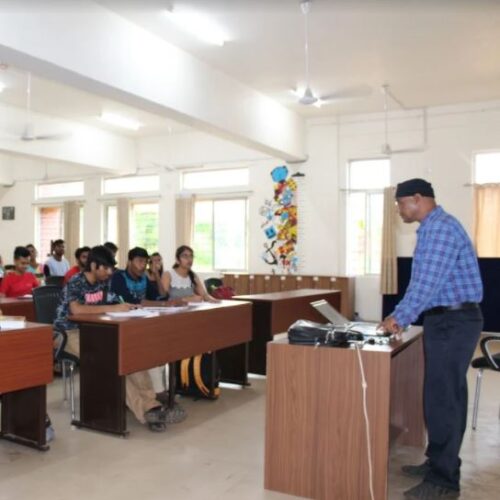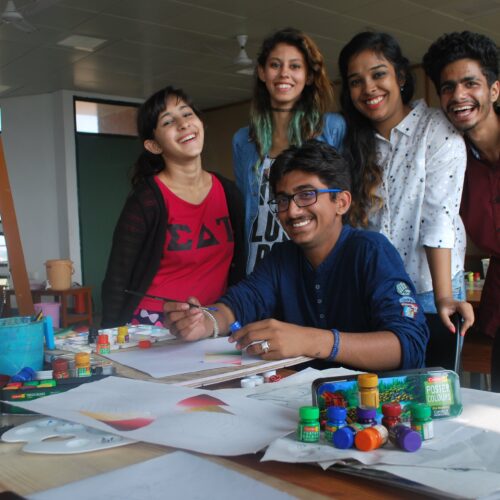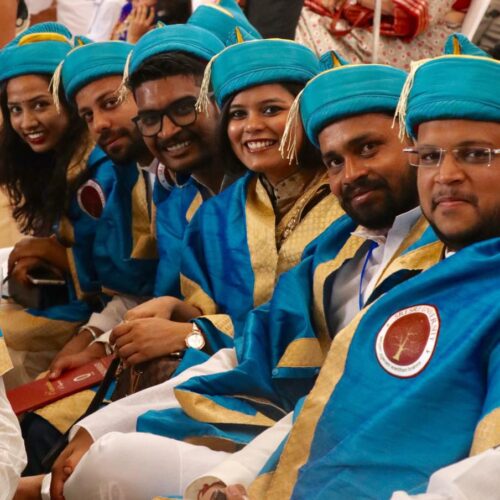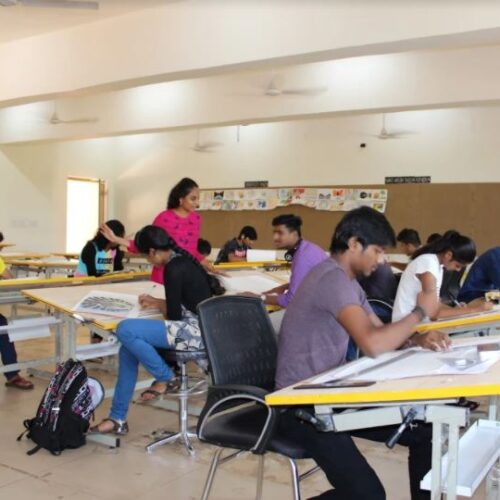The Environment of Learning
The biggest step in creating a value-based learning system comes with first equipping the students with an environment that motivates them, challenges them to think out-of-the-box, and makes them seek unique ideas.
And to create such an enhanced and unparalleled learning ground for our students, the University offers the services of renowned academicians who are not only experts in their individual fields but also able supervisors to these fresh young talents.
The class structure and breakup are coordinated in such a manner as to keep a healthy student-teacher ratio as well as ensure personal and individual attention to each student.
The University is committed to encouraging and developing the enquiring minds of tomorrow.
